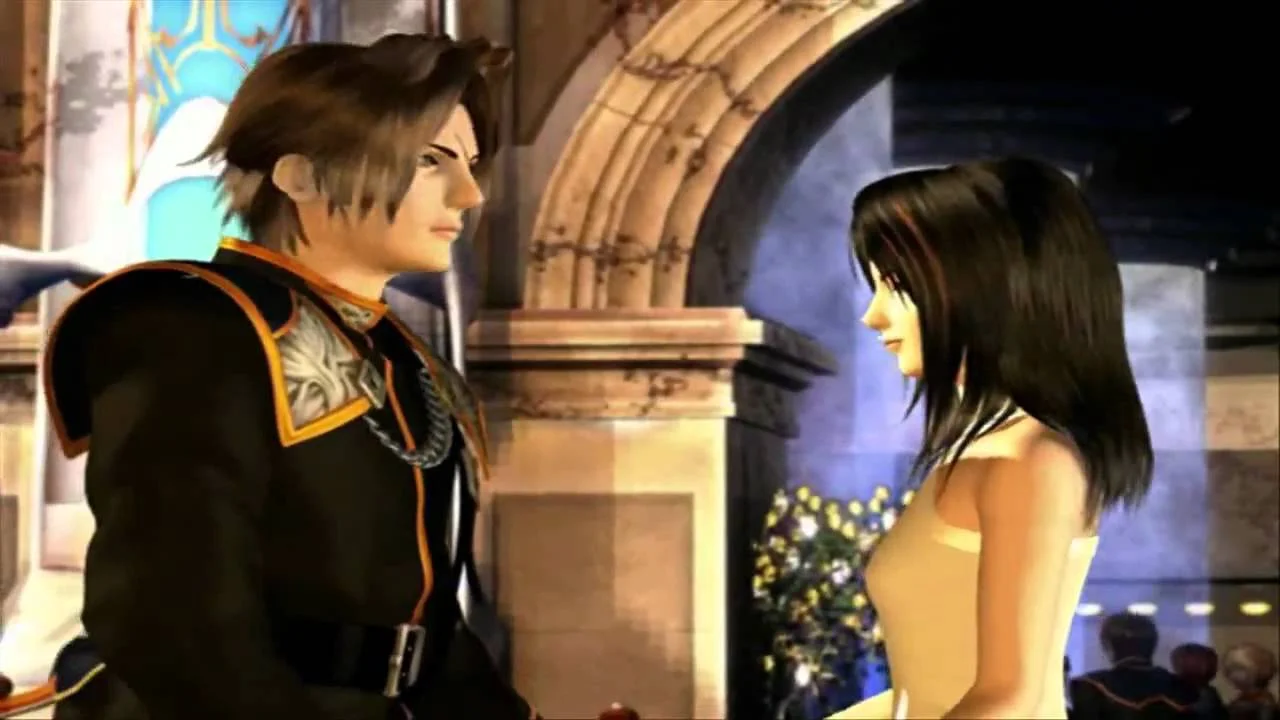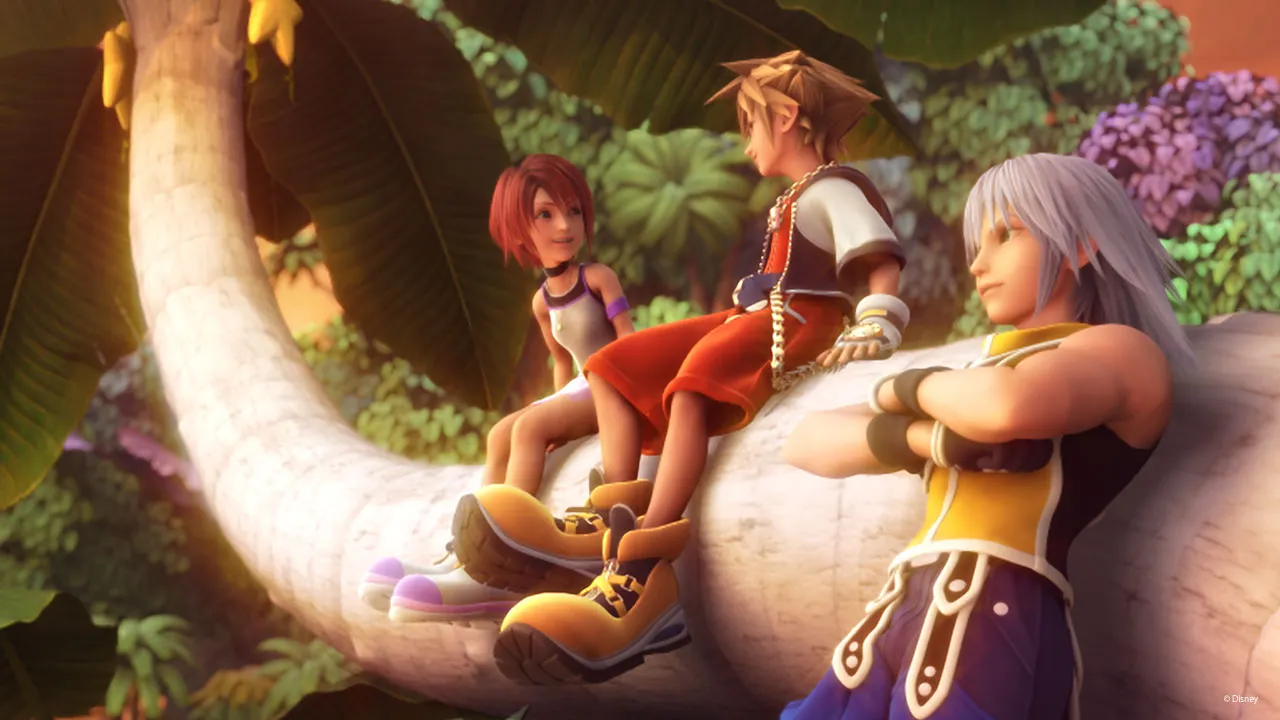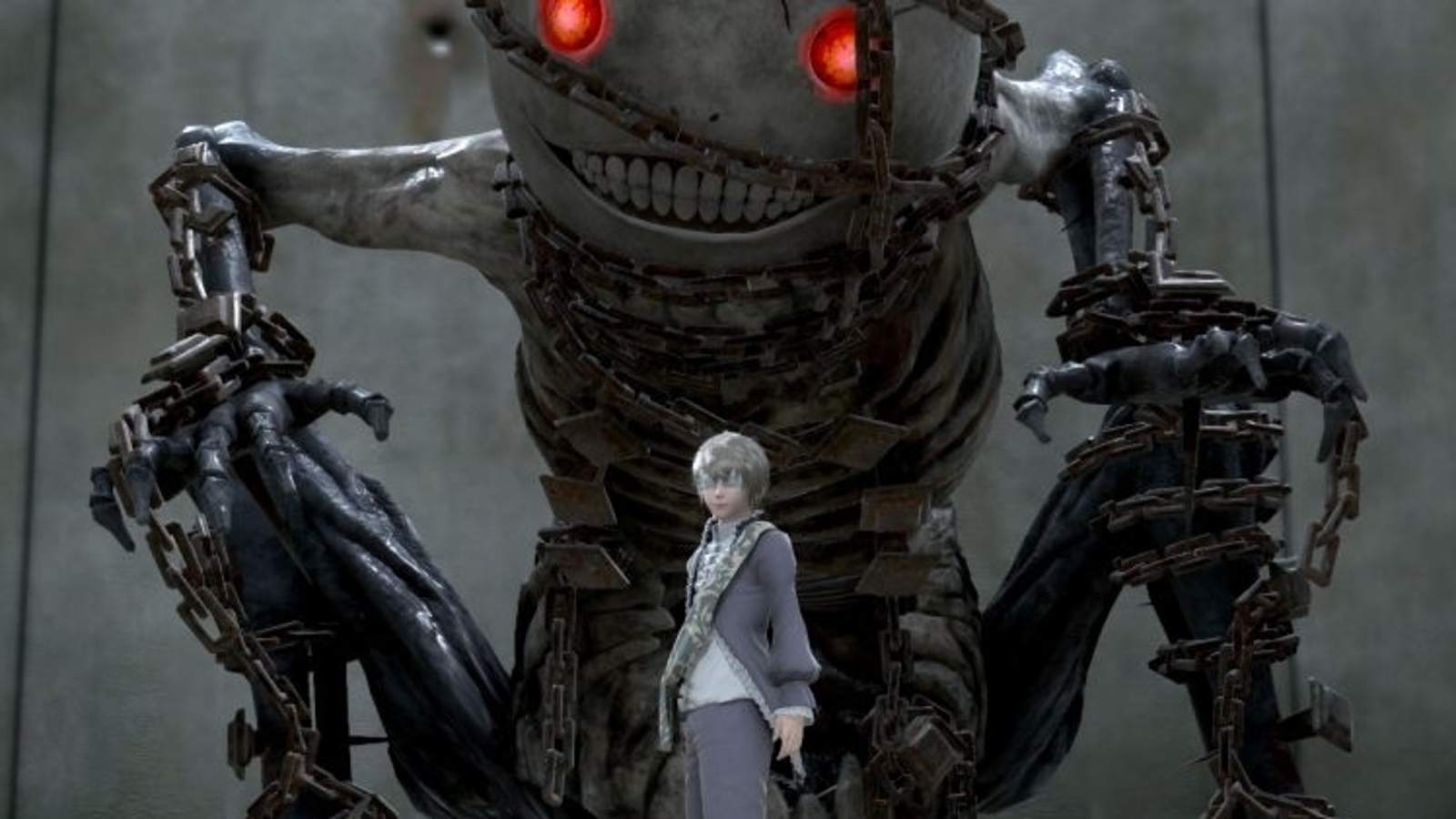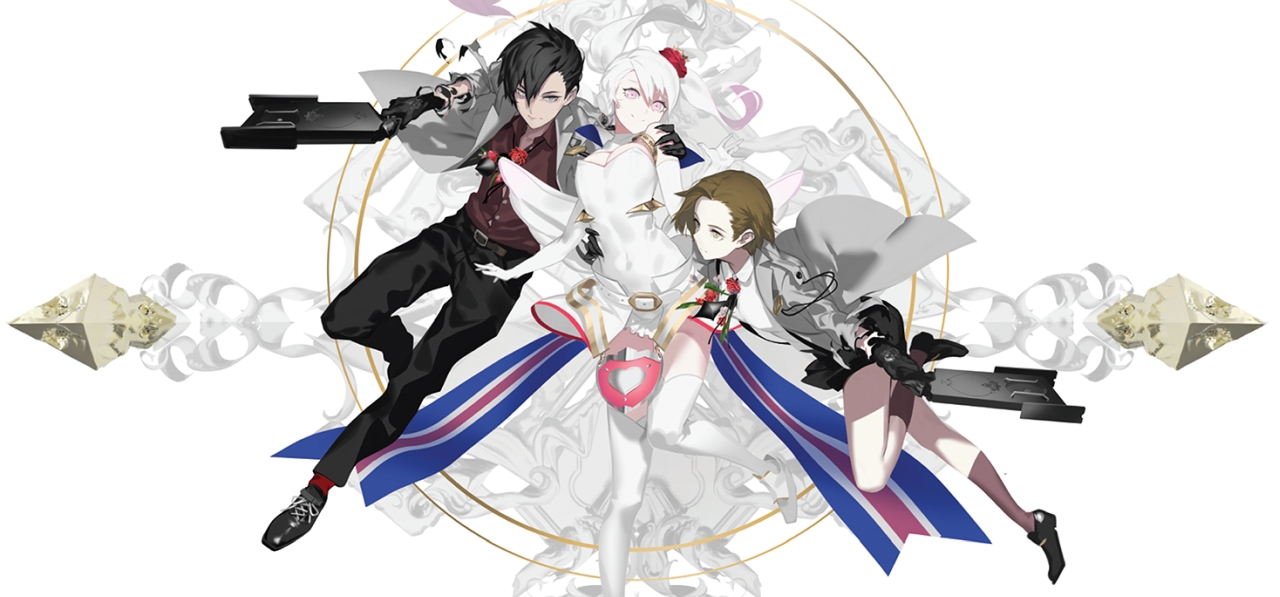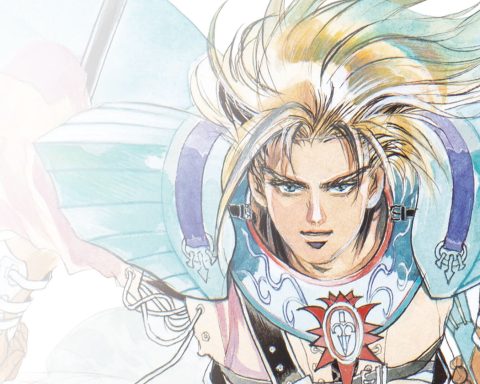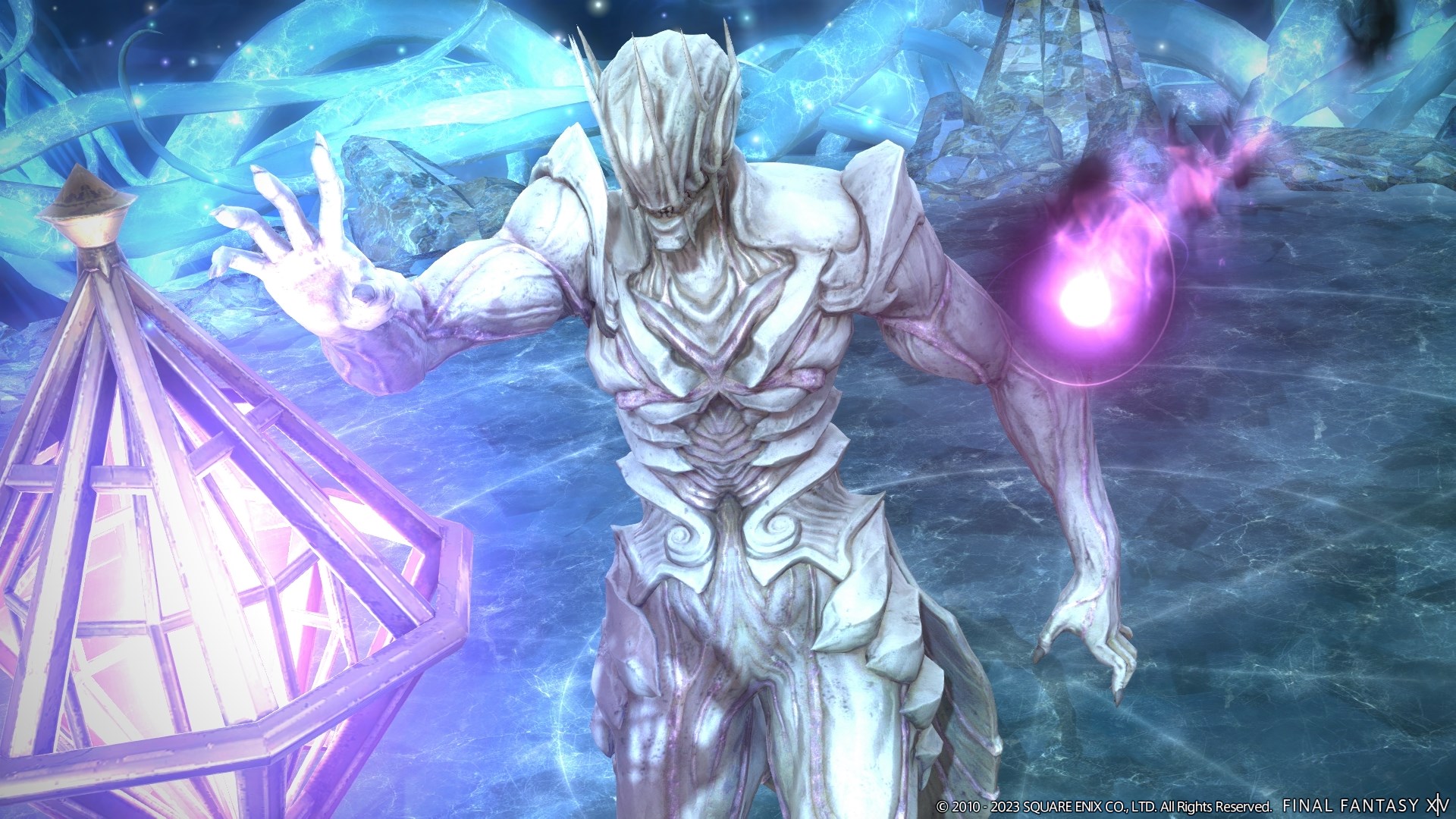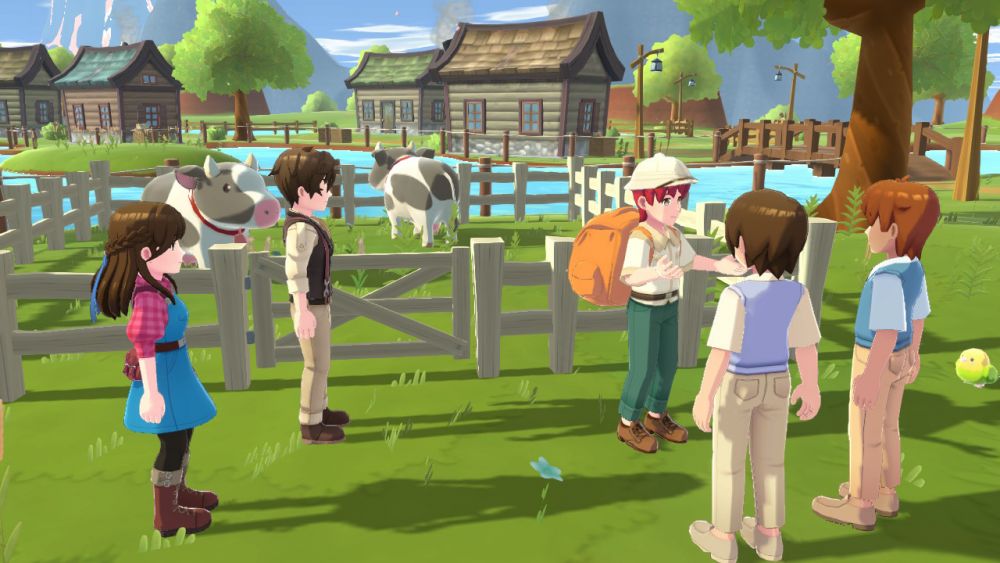When you read the title for this feature, which song do you think about? What memories are evoked by that song? How would you feel if you were asked to listen to it again?
And, to hazard a guess, was that song from the late 90s or the early 00s?
When I was drafting this, the original title of this piece had the phrase “The Lost Art” in it, but I wonder if that’s disingenuous. It’s not that developers are not including vocal tracks in JRPGs anymore – games like Persona 5, NEO: TWEWY and Tokyo Mirage Sessions are crammed full of vocal tracks – but these modern songs don’t have the same punch as hearing a PS1 game suddenly burst into a vocalised song. So why is this?
To rewind to the very beginning of the matter, the first JRPG to include a vocal track was the obscure Japan-only release Down the World by ASCII (the developer which would go on to create the RPG Maker series), but the more well-known song would be the title theme to Namco’s Tales of Phantasia on the SNES. At the time the system’s sound chip could barely handle the human voice, which led to the first entry of the Tales series being nearly double the size of the average game on Nintendo’s 16-bit hardware.
This would set into motion a number of “rules” behind how the vocal song in a JRPG would work. First, the song has to be relevant to the game in some way. The lyrics could be a representation of a character’s emotions, or they might just be a general call to adventure in the game’s fictional world. And second, the song is treated as a limited resource. This was the time of limited storage sizes and smaller game budgets – a time when it was possible for a JRPG to “run out of money” before the story reaches adequate completion. And in an era where voice acting was a rare luxury, the transition from MIDI music to a game outright singing would catch players off guard. It was the game telling players to pay attention and listen, because they were about to experience a moment that would truly and powerfully mean something.
These songs would go on to become some of the most memorable moments in the PS1/PS2 era.
In Final Fantasy VIII, Squaresoft experimented with its first vocal theme with Faye Wong’s Eyes on Me. This song had monumental plot significance – its lyrics were written from the perspective of Julia, a cabaret singer falling in love with a shy member of her audience – but the themes of unrequited affection and withheld emotion are the cornerstones to FFVIII’s narrative. We hear a waltz version of the song in the famous ballroom scene where our hero Squall meets Rinoa for the first time, sharing a dance and a flirtatious moment. We later hear the song in a piano rendition in Julia’s bar, one of the game’s flashback scenes that sees the game’s characters inhabiting the lives of some soldiers in the past. When the player finally gets the song with full vocals, 25 hours in at a pivotal emotional scene between Squall and Rinoa, they’re already intimately familiar with the melody. But the lyrics add that extra dimension of meaning – the scene effectively connects the motifs of past and present, revealing the thematic and emotional resonances within the game as a whole. So while the text dialogue between Squall and Rinoa is a little stilted, the song pushes the player towards the emotional core of the narrative. When we hear it one last time in the ending credits, it’s a reminder of the enormous journey that we’ve been through.
The song takes on a symbiotic role within the game. In terms of lyrics and composition, Eyes on Me isn’t anything special. If anything, it feels like an interpolation of Celine Dion’s theme from Titanic. But the specific way that an extended JRPG narrative establishes patterns, progression and familiarity means that the player interprets the song as intricately connected to their personal gameplay experience. It is the player’s memory of the game which enriches the emotional appeal of the song.
Additionally, the song is also crucial to the narrative impact of the game. The expected runtime of FFVIII is over thirty hours – longer than most multi-season TV shows, longer than most audiobooks. To reach that length of time game writers generally need to juggle a lot of balls and it’s rare that we think of a JRPG’s story as cohesive, and I imagine that’s why we see so many games with simple quest narratives rather than intimate portrayals of complex human beings. But as a game interested in the psychology of its protagonist, FFVIII needed to communicate emotions to the player – and the musical motif of Eyes on Me pulls much of the weight. Listening to Wong’s lyrics about infatuation and restraint, of romances cut short due to miscommunication, we come to understand Squall’s insecurity towards others, and feel the pain of opening up towards someone else and making ourselves vulnerable.
Final Fantasy IX would take a similar approach with its credits theme, Melodies of Life. This time, the song combines the various character musical motifs, evoking the game’s themes of characters being separated, coming to understand themselves, and then rediscovering their role within the group. As a game about renewal and personal growth, the vocal track served as a triumphant celebration of the fruits of self-discovery, while also leaving a wistful memory of the things left behind in the process.
By Final Fantasy X, Nobuo Uematsu would know exactly how to orchestrate the game’s vocal tracks for maximum emotional impact. Taking on the lyrical significance from FFVIII’s Eyes on Me and the combination of musical motifs from FFIX, Final Fantasy X’s vocal track plays during one of the narrative’s most bittersweet moments. The narrative’s themes of rebellion against tradition and the repression of personal desire come to a head in the song’s lyrics, which contrast between the beauty of the metaphysical, and the beauty of a close, human connection. The mournful tones of the instruments also draw straight from other key moments from the soundtrack, such as the piano of To Zanarkand, imbuing the song – Suteki Da Ne – with a solemnity that recognises the weight of the world of Spira.
Meanwhile, the Kingdom Hearts series rounds out the early 00’s trend of very memorable vocal tracks that formed the cornerstone of the game’s narrative. Simple and Clean from the first Kingdom Hearts is strange in that the English lyrics have nothing to do with the game – they’re about relationship drama – but their emotional core mirrors the kind of teenage angst that the game’s conclusion delivers. By this time, savvy players expected the vocal track to reveal some additional insights into the story and the characters. A popular internet rumour was that Simple and Clean played backwards was a second song titled “Help Me Escape”, which told the story from the perspective of Riku even though the song had nothing to do with Sora. The belief proliferated enough that Kingdom Hearts II’s theme song, Sanctuary, did have backmasked messages from Riku’s perspective. Kingdom Hearts III is one of the few recent JRPGs to stubbornly stick to this formula of a single core vocal track to tie together the game’s themes, with the wholly optimistic Don’t Think Twice serving as the conclusion to Sora’s saga.
And all this analysis is leaving out some of the lesser-known classics of this era – “Radical Dreamers” from Chrono Cross, “Small of Two Pieces” from Xenogears, and any of the title themes from the Tales series could have easily been written about just as much as the vocal tracks from Square. It’s clear that this period of game development signalled a golden age of music as a motif for the JRPG – so what happened to change this?
It could be that the vocal song was devised as a solution to technological limitations in the PS1 and PS2 era – these consoles could develop epic 40- hour-long JRPGs, but lacked the proficiency to deliver voice acting or realistic character animations. If not for the vocal song, the narrative could only develop through text – so developers found ways to make the music as meaningful as possible. As technology advanced and game discs got larger, the need for a climactic musical setpiece lessened, as the narrative could be effectively conveyed through other, newer and deeper ways. We see this trend develop in games from the PS3 era onwards.
In the Nier series, starting with Cavia’s 2010 PlayStation 3 entry, the soundtrack is filled with vocal performances sung in a fictional “Chaos language”, an amalgamation of English, Latin and Japanese. This approach captures all the emotional honesty of a sung track while allowing players to fill in the details with their own imagination. Yoko Taro has gone on record to say that he didn’t want the presence of lyrics to distract players from the gameplay or narrative moments. But when English lyrics do appear, in the game’s credits song “Ashes of Dreams”, familiar melodies from the game are infused with verses encapsulating the themes of loss and futility, in a final moment of crushing clarity for the player.
Gust’s Ar Nosurge takes a similar approach, by creating a world built by Song Magic. The game’s most memorable vocal tracks are, in many cases, diegetic – representing the very real agency that the characters have upon the world around them. Ar Nosurge’s narrative is metatextual and explores the player’s relationship to the game through their ability to control characters. The ability to sing affords the characters power, just as the first appearance vocals themselves imbued JRPG music with greater emotional impact in the past. Songs like em-pyei-n vari-fen jang gain significance as the player recognises how integral they are to the narrative.
Furthermore, many modern JRPGs make music itself a core theme. In The Caligula Effect, the narrative is concerned with the creation of music, particularly shallow idol-based music that is more about inspiring devotion rather than individual emotional response. The vocals come to represent the enemies which the player faces in combat. Similarly, The World Ends With You is interested in how music works alongside fashion and popular media in order to create culture – thus, the game’s various vocal tracks mimic youth trends and attitudes rather than underpinning narrative beats. In both cases, these are novel ways to explore the significance of music in modern society, but they are approaching the vocal track with a different attitude to the games of the late 90’s.
By diversifying their musical offerings rather than centralising everything on a core song, these games engage with music in a different way. No longer does the vocal song feel like a trump card played only at the very emotional core, instead players are brought into the game through the use of music to create emotion and immersion.
The Golden Age of vocal songs could not have lasted forever, and the approach might have grown cliché if left around too long. The JRPG genre has, quite rightfully, innovated away from the focalised attitude towards vocal music that peaked in the late 90s. But it is, admittedly, a shame when I think about the best JRPGs that have been released lately, and I’m not immediately reminded of a powerful vocal track that ties everything together.
Music remains one of the integral components of the JRPG genre, and fans are drawn back to specific soundtracks just as much as they remember the characters, narrative and gameplay. As developers continue to innovate and progress the genre, I hope they do not overlook the power a single well-placed vocal track can have on the game’s narrative. There was a certain golden emotion crystallised in the early adoption of vocal music in JRPGs, allowing game developers to break free of technical constraints and surprise the player with something new and heartfelt. And whenever I hear the old songs from my favourite games, all the memories and emotions converge in one nostalgic rush, reminding me of why the genre was, and still is, so beloved.
Please note: This article was originally published in the September 2021 issue of the Dee Dee Zine. As we are no longer publishing that magazine, we have re-published the article here for posterity.


